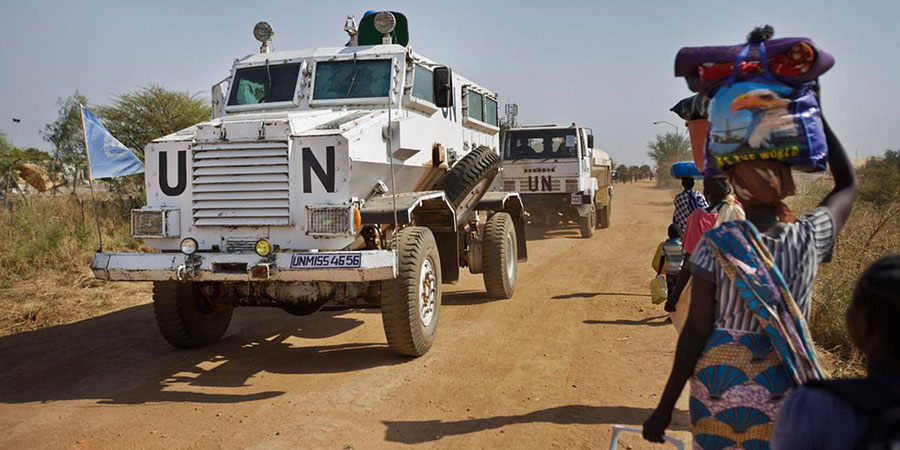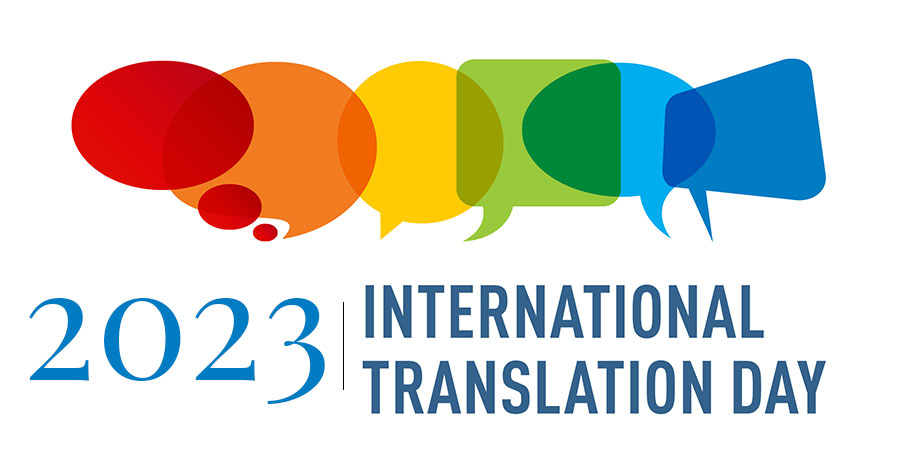Are you faced with the challenge of breaking down language barriers for effective communication? Imagine…
Interpretation and Translation services in African refugee camps

Translation and interpretation play crucial roles in refugee camps in Africa, where individuals from diverse linguistic and cultural backgrounds seek refuge. Here are some ways in which translation and interpretation are important in refugee camps:
- Communication and basic needs: Refugee camps often host people who speak different languages and come from various cultural backgrounds. Translation and interpretation services are vital for facilitating communication between refugees and camp authorities, humanitarian organizations, healthcare providers, and other service providers. It helps ensure that refugees can express their needs, access essential services, and receive appropriate assistance.
- Access to information: In refugee camps, accurate and timely information is essential for refugees to understand their rights, available services, and important updates. Translation enables the dissemination of information in different languages, ensuring that refugees can access vital information about their legal status, education opportunities, healthcare services, and other resources. This helps empower refugees, enabling them to make informed decisions and participate actively in camp life.
- Healthcare and medical services: Access to healthcare is a critical need in refugee camps. Translation and interpretation services enable effective communication between healthcare providers and patients who may speak different languages. Medical instructions, diagnoses, and treatment options can be accurately communicated, ensuring that refugees receive appropriate and culturally sensitive healthcare services.
- Legal and administrative matters: Refugees often need assistance with legal and administrative processes, such as registration, documentation, asylum applications, and interviews. Translation and interpretation services facilitate effective communication between refugees and legal authorities, ensuring that their rights are understood and protected. It helps refugees navigate complex procedures and express their concerns or experiences accurately.
- Psychological support: Many refugees in camps have experienced traumatic events and require mental health support. Qualified interpreters and translators play a crucial role in facilitating communication between mental health professionals and refugees. They help ensure accurate translation of sensitive information, emotions, and experiences, enabling effective counseling and therapy sessions.
- Education and integration: Translation is vital for providing education opportunities to refugee children and adults. In schools and educational programs within camps, translating textbooks, teaching materials, and instructions into different languages allows refugees to access quality education in their mother tongue. It helps promote integration and empowers refugees to acquire new skills and knowledge.
- Community cohesion and cultural preservation: Translation and interpretation services foster community cohesion within refugee camps. By facilitating communication between different language groups, refugees can share their experiences, traditions, and cultural knowledge. This exchange promotes understanding, empathy, and solidarity among refugees from diverse backgrounds, contributing to a sense of community and social cohesion.



